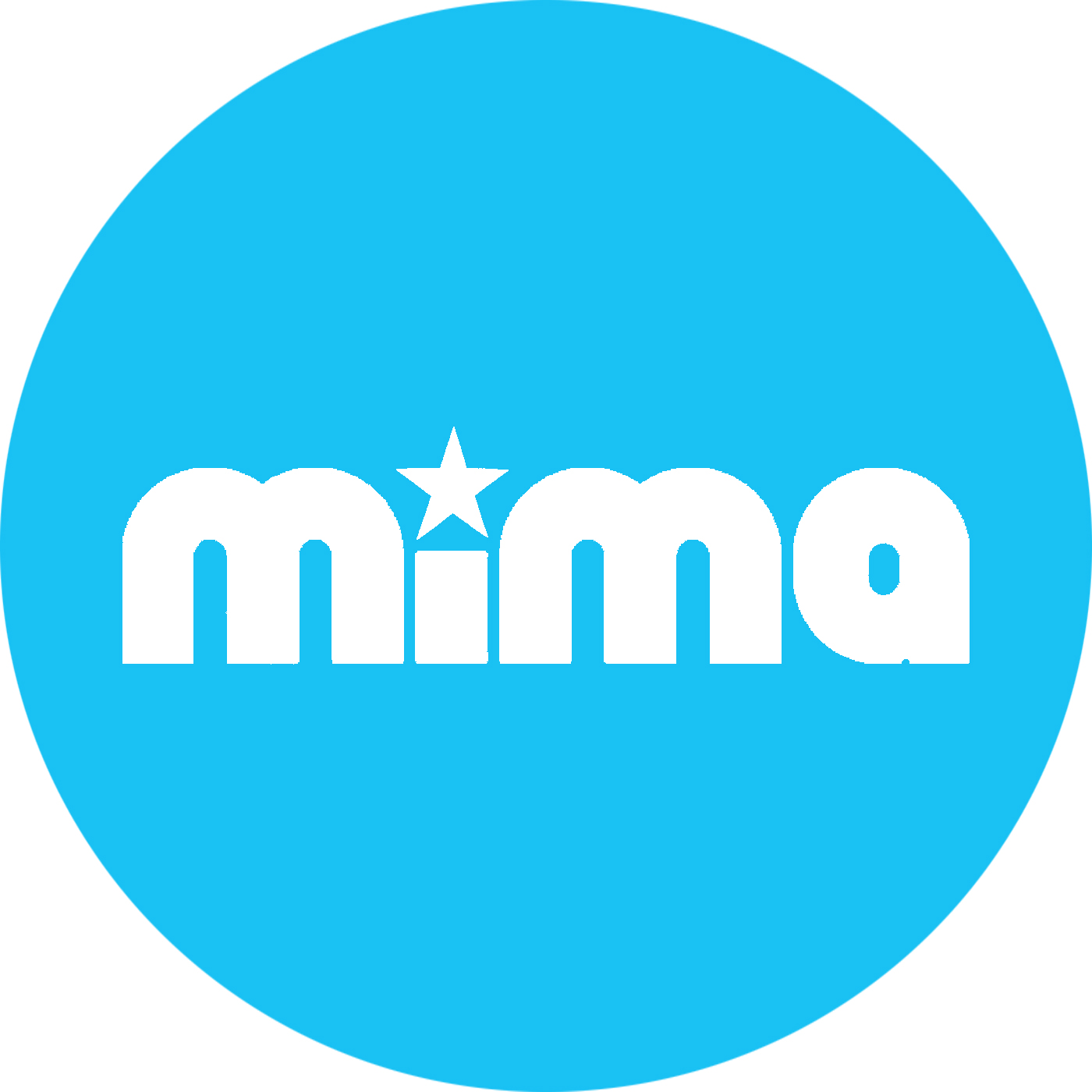caleb dance
AS HURRICANE KATRINA BORE DOWN ON THE CITY,
I was fortunate not only to evacuate New Orleans but also to be welcomed as a visiting student at Princeton. I found a vibrant musical community in MIMA, and I soon began planning the MIMA program I would start upon my return to New Orleans. Little did I know that I would still be working—and playing—with MIMA over a decade later.
MIMA harnesses the songwriting process to bring people together collaboratively and creatively. It seems fitting, then, that MIMA has introduced me to a community of musicians and educators who believe that music has a singular ability to empower communities and the individuals who constitute them. The MIMA method draws upon every participant’s presence such that if a given person were not there, there’s no doubt that the song that the participants create would be different.
My study and performance of music have always operated in parallel with my study of ancient Greek and Latin literature. I’m a professor of Classics at Washington and Lee University where I teach languages and literatures of the ancient Mediterranean. My research interests are in laughter, comedy, and play, and I’ve recently taught a MIMA-inspired course on “Improvisation and Performance Culture in the Ancient Mediterranean.” Shortly after earning my Ph.D. and moving to Virginia, I became chair of MIMA’s board of trustees, although I trust my colleagues on the board will not be surprised to learn that my favorite MIMA experiences still involve Teaching Artist Trainings and day-to-day MIMA classes.

